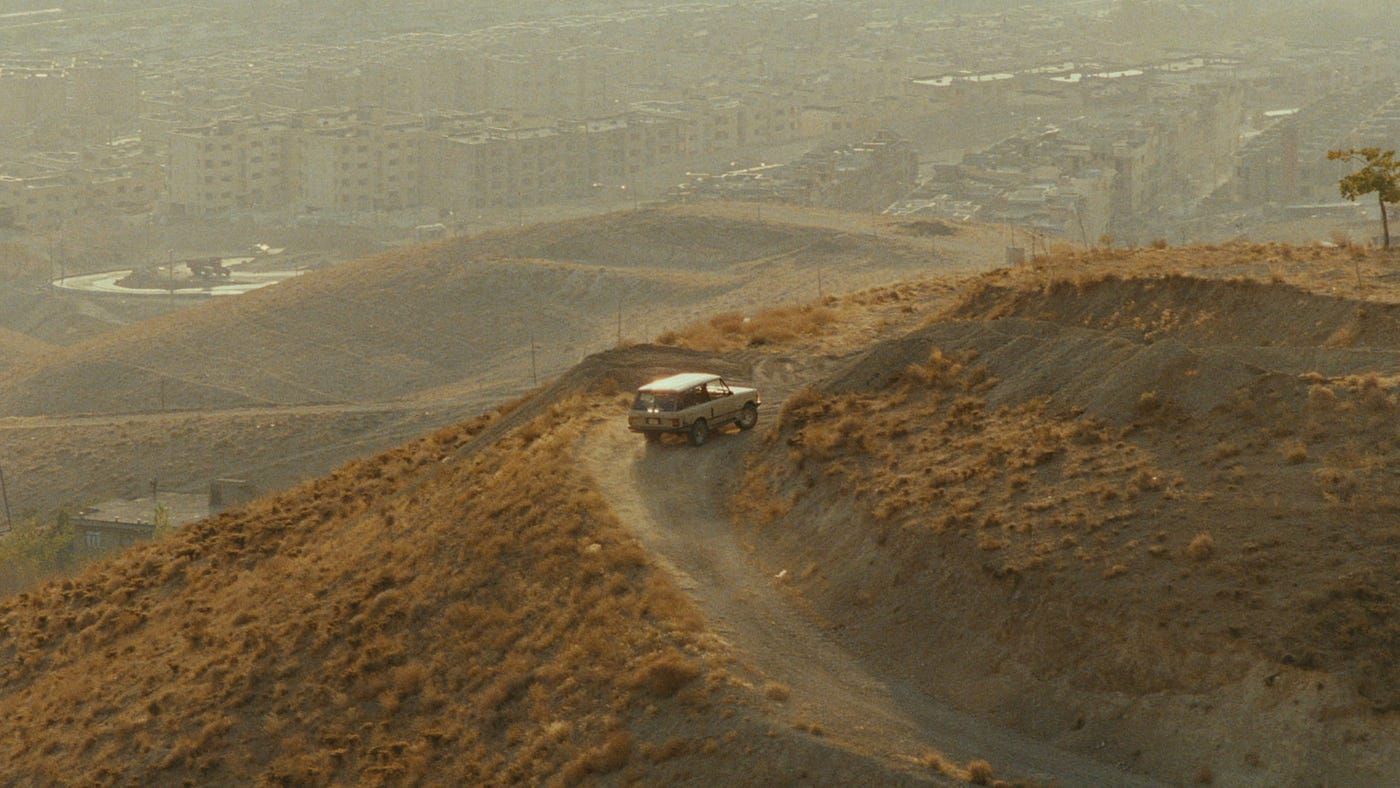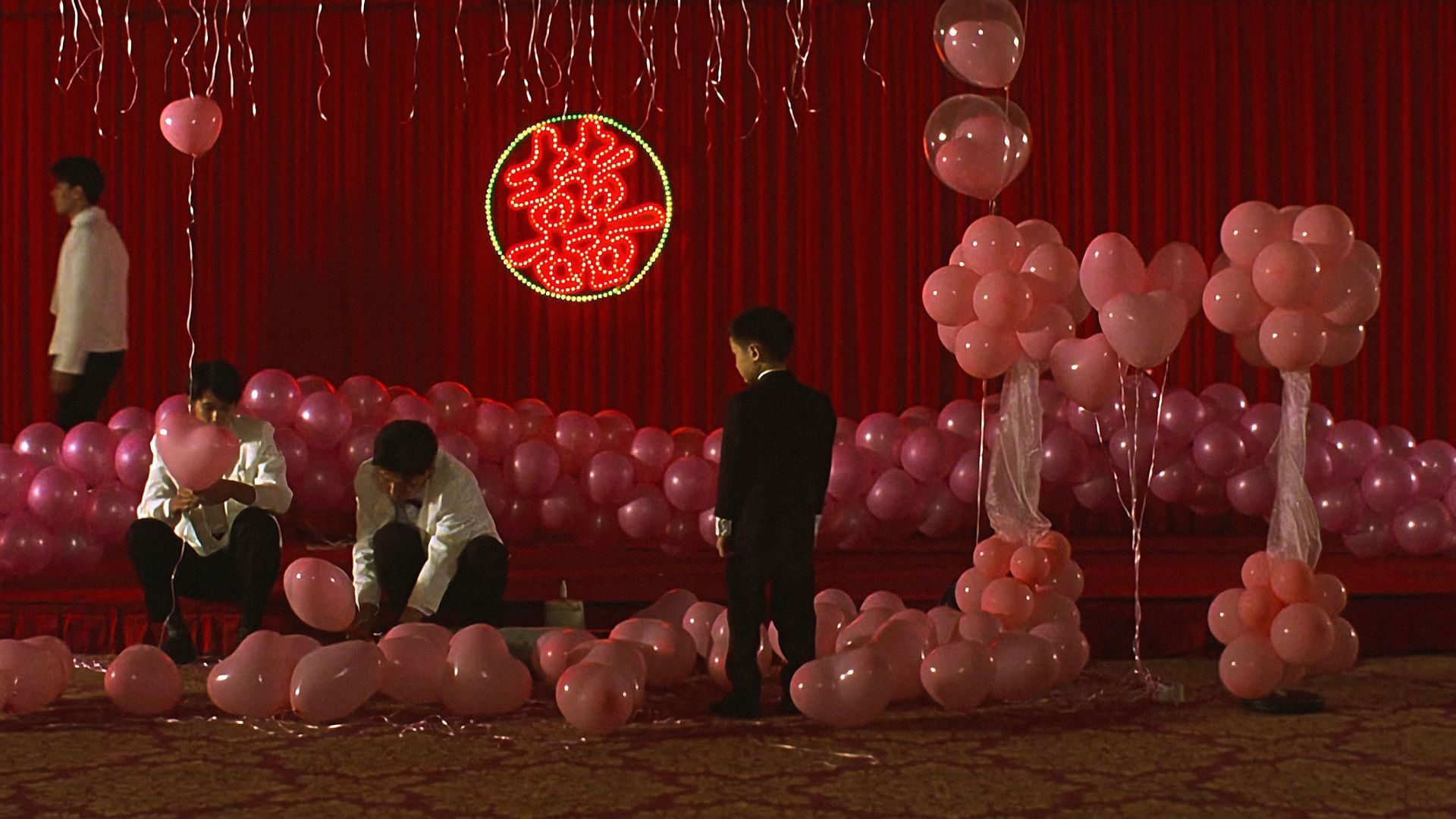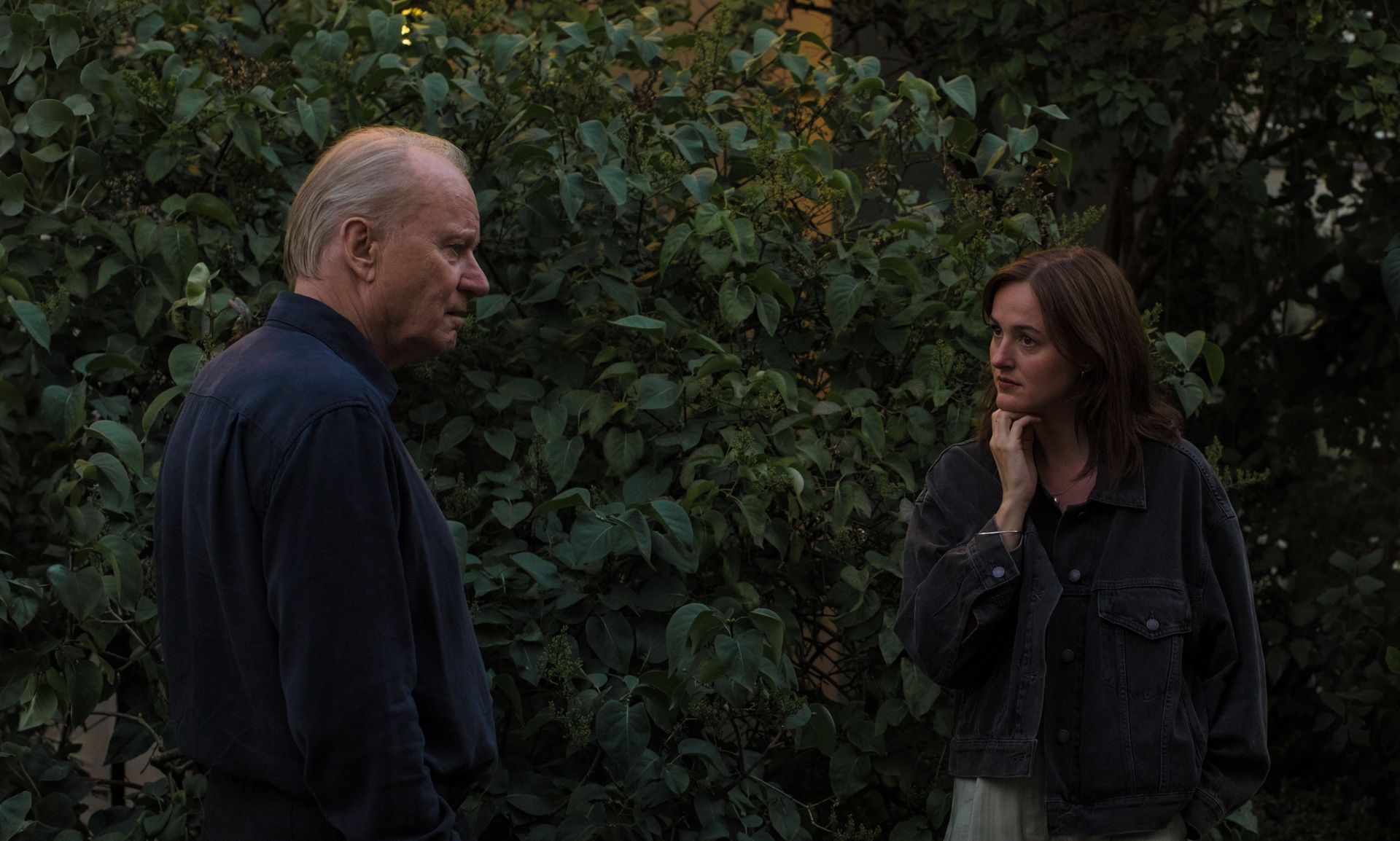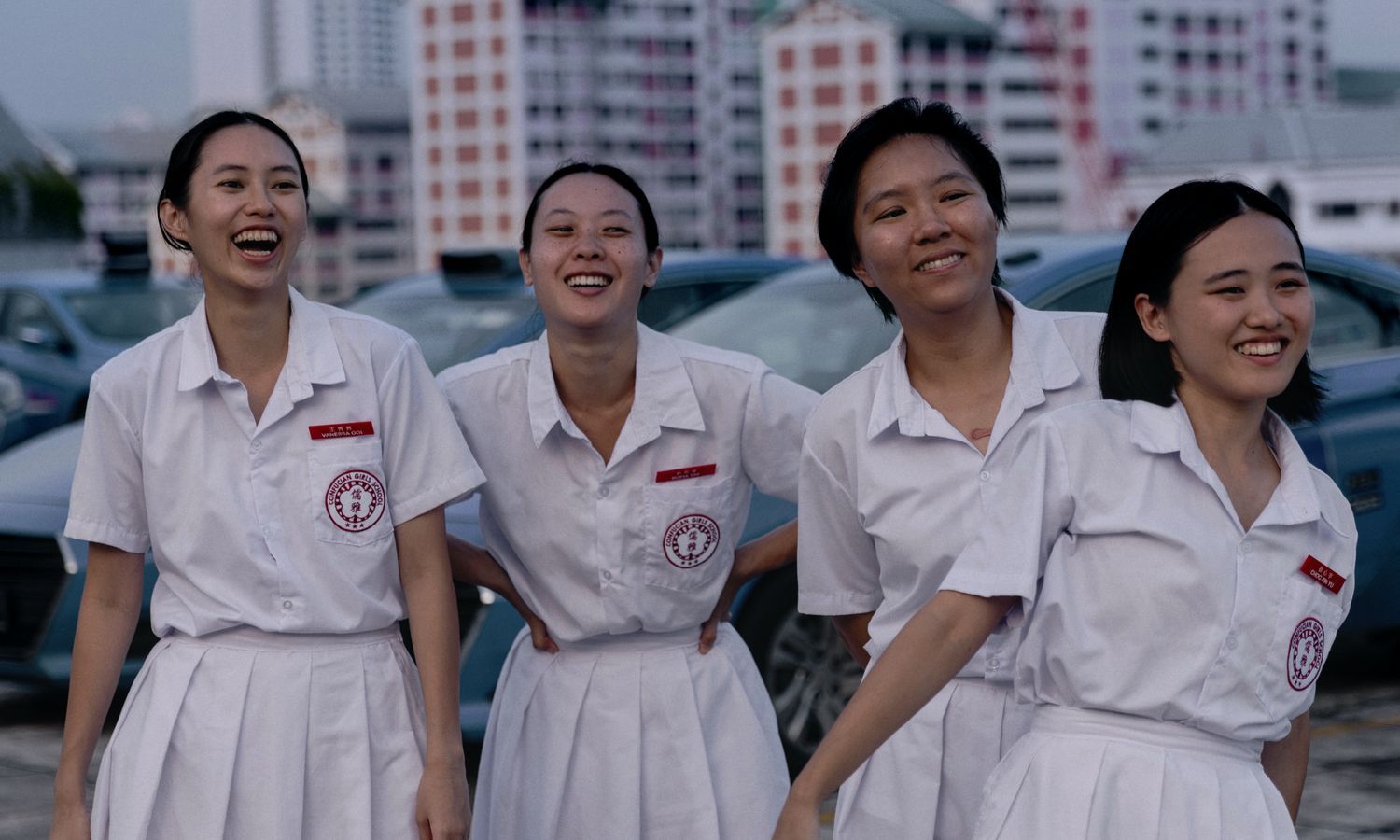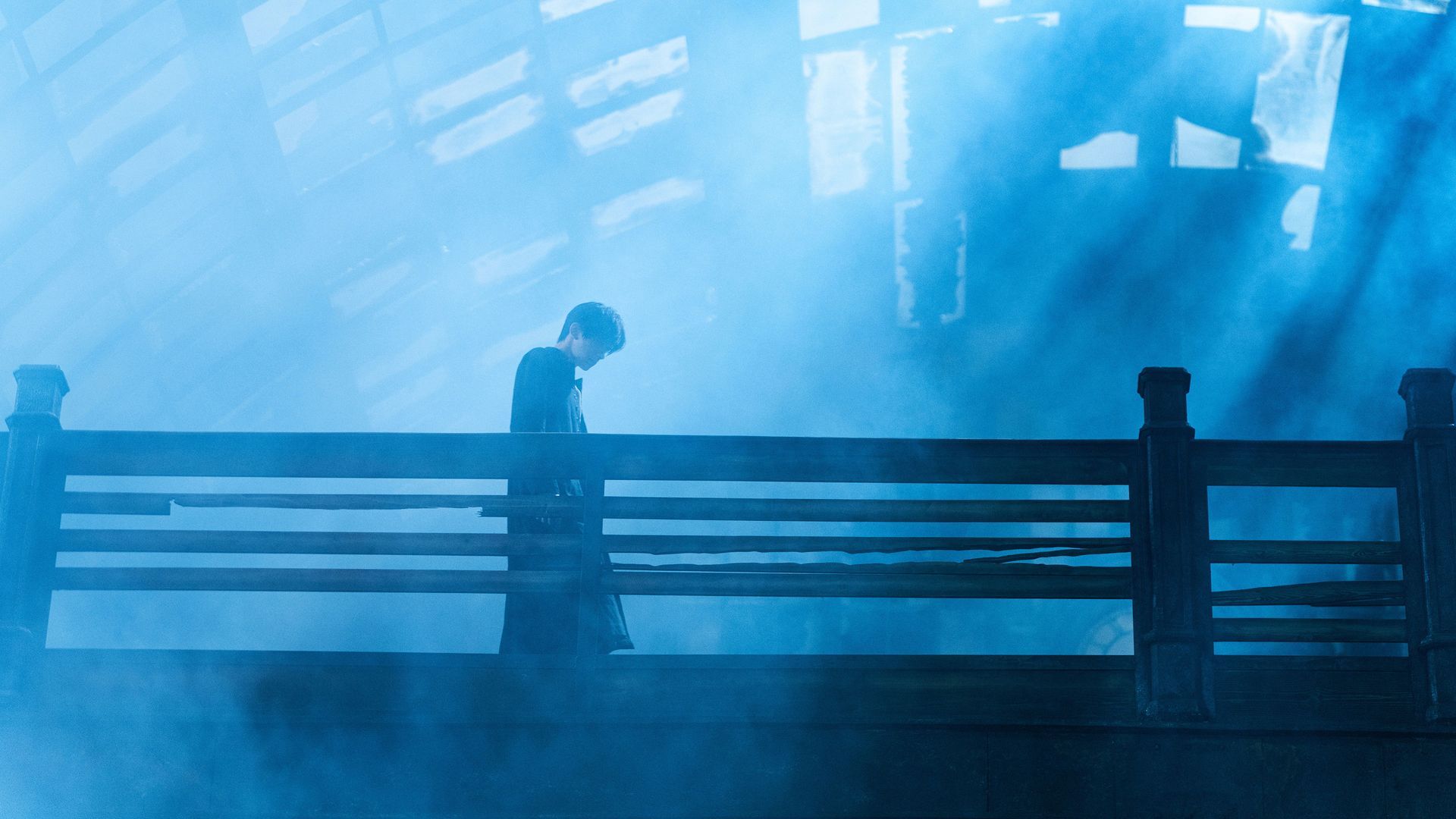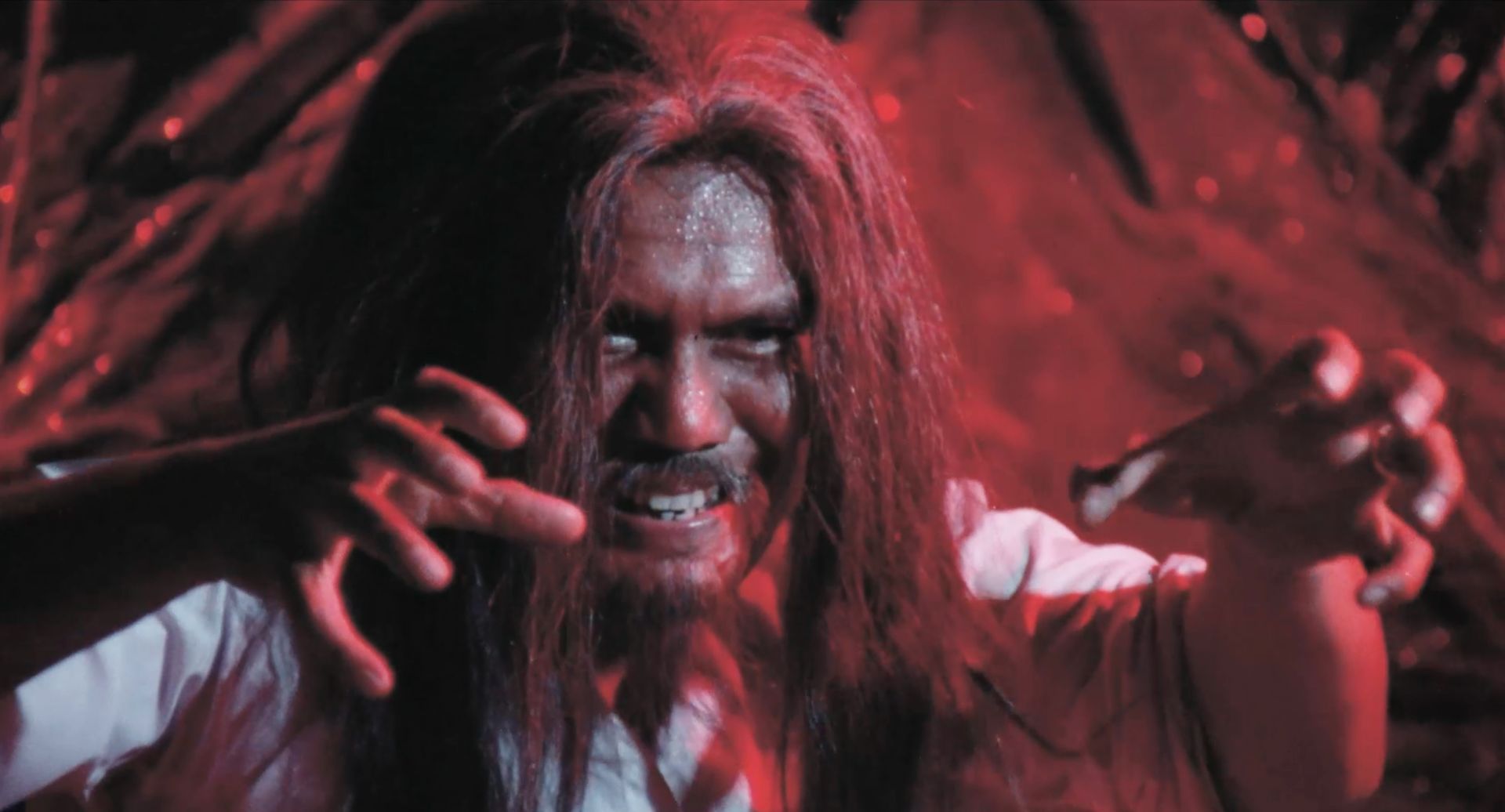Film Review #28: TRIANGLE OF SADNESS
Film Review #28: TRIANGLE OF SADNESS
*This film review may contain plot spoilers, reader discretion is advised.*
*本篇影评含雷,请斟酌阅读。

Photo Credit: Cannes Film Festival
Ruben Östlund’s Triangle of Sadness is a three-act film in which the viewer will have the ultimate takeaway: that life is just a sad, dragged-out, 80-year game of Monopoly where the guy sitting next to you somehow starts off with fifty-thousand more Monopoly dollars and he’s perfectly allowed to do so.
A two-hour politicking extravaganza, the film takes place in three different locations: A restaurant, a luxury cruise ship, and on the beaches of a deserted island. Each with the same recurring characters exploring issues that plague society: ranging from gender roles, to the separation of workers from the means of production. As you can probably tell, the social commentary is anything but subtle.
The edges of this triangle (of sadness) are incredibly blunt (haha). The humour showcased in the film is hard-hitting, with every joke being either a gut punch to the rich or a depressing reality check for society. This form of ‘eat-the-rich’ comedy is hard to come by and has now evolved past the criticisms of cliché and being too in-your-face. This is brought out by a wonderful cast who have the most brilliant chemistry with each other. They manage to bring each scene to life with an electric display of wonderful acting. Their versatility in performance shines through as power dynamics change rapidly throughout the movie and every single actor is present and ready to welcome it.
The only shortcoming is that the first part of the film feels disjointed from the other two as if it were a separate short film. It feels like whatever is being established in the first part is not felt throughout the rest of the film, albeit its necessity in introducing what would be our two lead characters. But the rest of the movie holds together succinctly to create what is a beautiful piece of satire.
It was, to my surprise, that the rich and famous enjoyed this film: Triangle of Sadness received an 8-minute standing ovation at the Cannes Film Festival, and won this year’s Palme d'Or. Why the rich would applaud a film that was a middle-finger to their lifestyles has boggled my mind to this very day. And perhaps you, the reader, can give me an answer?
——————————————————————————-
This review is published as part of *SCAPE’s Film Critics Lab: A Writing Mentorship Programme, organized by The Filmic Eye with support from Singapore Film Society and Sinema.
About the Author: Weng Leong prides himself in having watched Parasite before it won Best Picture in 2020 and will gladly mansplain to anyone why Memories of Murder is Bong Joon-Ho’s best film. He is most often seen talking about film and politics instead of actually studying at SMU.

